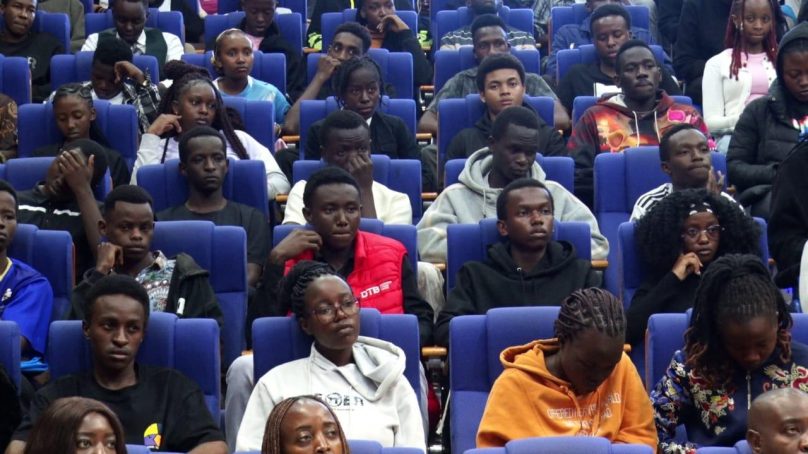
Scholars have expressed concern over the worsening joblessness crisis in Africa, warning that the trend risks rendering education meaningless if urgent measures are not taken to create more employment opportunities.
Speaking during a mentorship forum at Zetech University, the academicians noted that despite the introduction of market-oriented courses in many institutions of higher learning, job opportunities remain scarce, leaving thousands of graduates in despair.
Led by Prof Gabbey Malope, the Chief Executive Officer of Toutelle Academies in South Africa, the scholars urged students to diversify their skills and embrace innovation and entrepreneurship as alternative paths to employment.
Currently, many countries are facing political and social problems caused by joblessness. Since June last year, no fewer than 10 countries in Africa – Kenya, Uganda, Nigeria, Ghana, Morocco, South Africa, Mauritania, Ivory Coast and Madagascar – have experienced political protests to press for job opportunities and manageable coast of living.
Experts now warn the burgeoning population of unemployed youth in Africa is a ticking time bomb that needs to bee addressed before many countries sink into political and economic chaos.
“Africa’s youth are highly educated but underutilised. We must create systems that allow them to translate knowledge into solutions and businesses that can employ others,” Prof Malope said.
The unemployment crisis has left many young people frustrated after years of study. Bonventure Peter, a 2023 business administration graduate, said he has attended numerous job interviews without success.
“It’s discouraging. I’ve applied to more than 30 companies since graduation but haven’t secured a job. The market is saturated, and the few available opportunities are extremely competitive,” he lamented.
His experience mirrors that of many young Kenyans who spend years chasing elusive employment. Some, like Purity Mutheu, a bachelor of science in software engineering student at Zetech University, fear they may be wasting their time in school.
“Many of my friends who graduated years ago are still jobless. It worries me that even after completing my degree, I might face the same struggle,” she said.
According to data from the Kenya National Bureau of Statistics (KNBS), the country’s unemployment rate among youth aged between 18 and 35 stands at 13.4 per cent, one of the highest in Sub-Saharan Africa.
The report further indicates that over 800,000 young Kenyans enter the job market annually, yet only a fraction secures formal employment, leaving a majority to turn to informal or gig work to make ends meet.
In response, the government has rolled out several initiatives to address the growing unemployment challenge. Among them are the Kenya Youth Employment and Opportunities Project (KYEOP), which provides training and grants for youth enterprises, and the Ajira Digital Programme, designed to equip young people with digital skills and link them to online work.
Additionally, the Hustler Fund has been introduced to offer affordable credit to small businesses, while the state continues to negotiate labour export programmes to secure overseas job placements for qualified Kenyans, particularly in the Middle East and Europe.
The scholars called on both the government and the private sector to develop policies that further stimulate job creation and support start-ups through funding, mentorship, and partnerships with universities.
Zetech University’s Dean of School of Education Owen Ngumi underlined the importance of stronger collaboration between academia and industry to ensure graduates acquire the right skills for the job market.
“We must bridge the gap between classroom learning and real-world demands. Internship and placement programmes should be strengthened to prepare students for employment,” Prof Ngumi said.
He pointed out that Zetech University has introduced new market-driven programmes, including bachelors of law, nursing, ageing studies and education science to align with emerging opportunities and respond to national needs.
- A Tell Media / KNA report / By Muoki Charles







